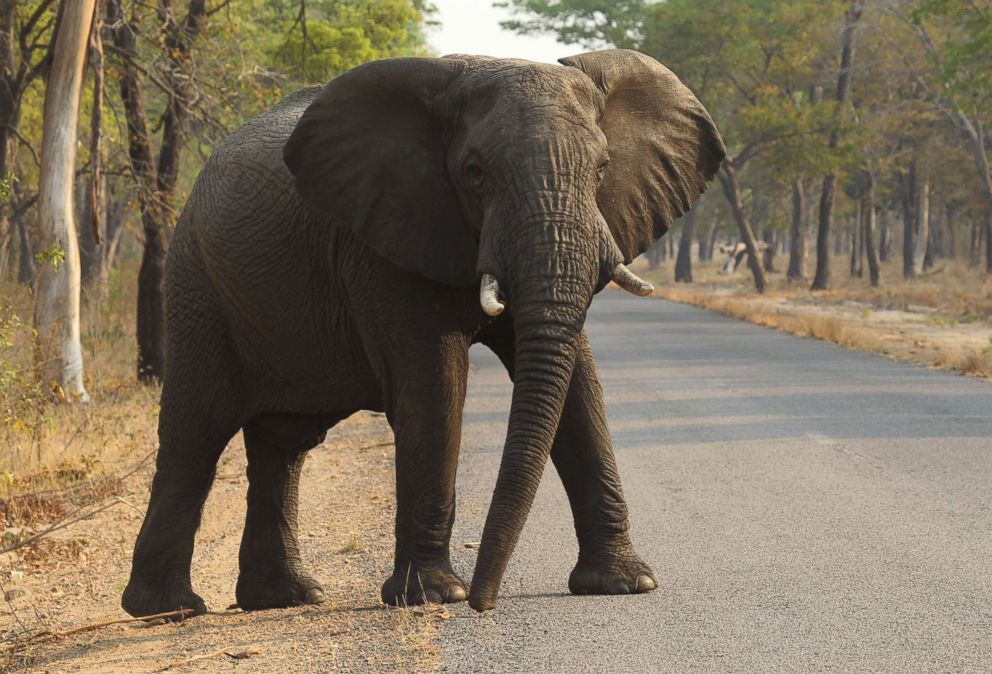Google, Facebook join global fight to stop online wildlife trafficking
The goal is to stop the online sale of wildlife products like ivory.
Google and Facebook joined more than a dozen major tech firms in the fight against illegal wildlife trafficking, part of a larger effort aimed at stopping poachers from selling banned products like ivory, rhino horns and tiger cubs online.
"Advances in technology and connectivity across the world, combined with rising buying power and demand for illegal wildlife products, have increased the ease of exchange from poacher to consumer," the World Wildlife Fund said in a statement Wednesday. "As a result, an unregulated online market allows criminals to sell illegally obtained wildlife products across the globe. Purchasing elephant ivory, tiger cubs, and pangolin scales is as easy as click, pay, ship.”
Twenty-one tech companies from around the globe, including eBay and Microsoft, have agreed to join the WWF's new Global Coalition to End Wildlife Trafficking Online, according to the fund, which said it plans to reduce wildlife trafficking 80 percent by 2020.

The annual value of wildlife-related crimes worldwide is as much as $20 billion, according to estimates from the U.N. Convention on International Trade in Endangered Species.
The World Wildlife Fund called the venture a critical step toward ensuring a world "without rhinos, elephants and thousands of other creatures does not become a reality."
"More than 20,000 African elephants are illegally killed each year for trade in their tusks, and nearly three rhinos are poached each day in South Africa alone for their horns," the WWF said. "Countless species are under threat from trafficking, accelerated by online access to consumers, most of whom are unaware that the product they are buying could be devastating species populations and funding crime gangs."
Wednesday's announcement came just days after the Trump administration walked back a previous decision to ban imports of big-game trophies, including elephant and lion parts form certain African nations.
The U.S. Fish and Wildlife Service made the announcement earlier this week as part of an ongoing lawsuit challenging the ban against permits for elephant trophies instituted by the Obama administration in 2014.
The agency said it will no longer make blanket decisions about whether hunting an endangered animal helps the overall conservation of that species, but instead will decide on a case-by-case basis if a hunt could help the population of the species in that specific area, according to a memo filed Friday.
The other founding members of the WWF's global coalition are Alibaba, Baidu, Baixing, Etsy, Huaxia Collection, Instagram, Kuaishou, Mall for Africa, Pinterest, Qyer, Ruby Lane, Shengshi Collection, Tencent, Wen Wan Tian Xia, Zhongyikupai, Zhuanzhuan and 58 Group, convened by WWF, TRAFFIC and IFAW.
ABC News’ Stephanie Ebbs contributed to this report.




